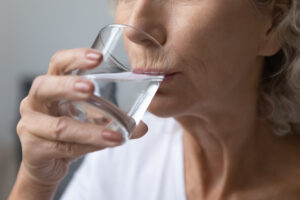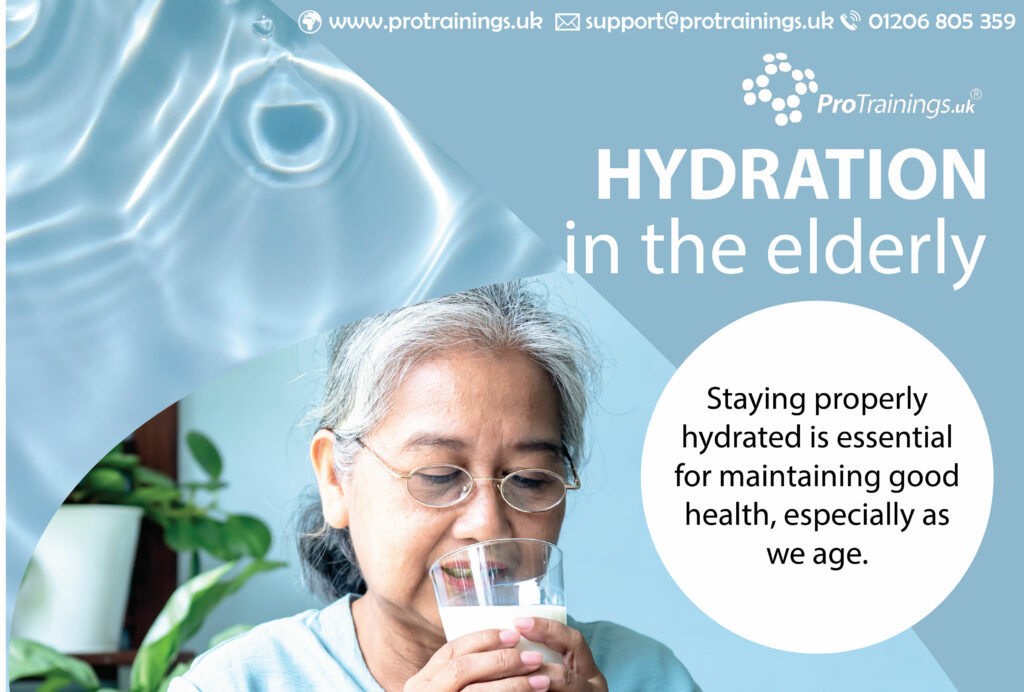
As we age, our bodies become less able to conserve water and regulate fluid levels. This can lead to a higher risk of dehydration, which can have serious consequences for our health. Dehydration can cause symptoms like confusion, dizziness, and fatigue, and can increase the risk of falls, urinary tract infections, and other health problems.
In addition to the increased risk of dehydration, the elderly are also more vulnerable to certain medical conditions that can affect hydration levels. For example, some medications that are commonly prescribed to the elderly can increase the risk of dehydration, while other conditions like diabetes or kidney disease can make it more difficult for the body to maintain proper fluid levels.
So, what can be done to ensure that the elderly stay properly hydrated? One of the most important steps is to encourage them to drink plenty of fluids, even if they do not feel thirsty. Water is the best choice, but other fluids like juice, tea, and soup can also help to keep the body hydrated.
It is also important to pay attention to the signs and symptoms of dehydration and act quickly if they are noticed. If you notice that an elderly loved one is confused, dizzy, or fatigued, it may be a sign that they are dehydrated and in need of fluids. Encourage them to drink water or other fluids, and seek medical attention if their symptoms do not improve.
In conclusion, staying properly hydrated is essential for maintaining good health, especially as we age. By encouraging the elderly to drink plenty of fluids, paying attention to signs and symptoms of dehydration, and taking other steps to maintain good health, we can help to support the health and well-being of our aging loved ones and ensure that they continue to lead happy and healthy lives
